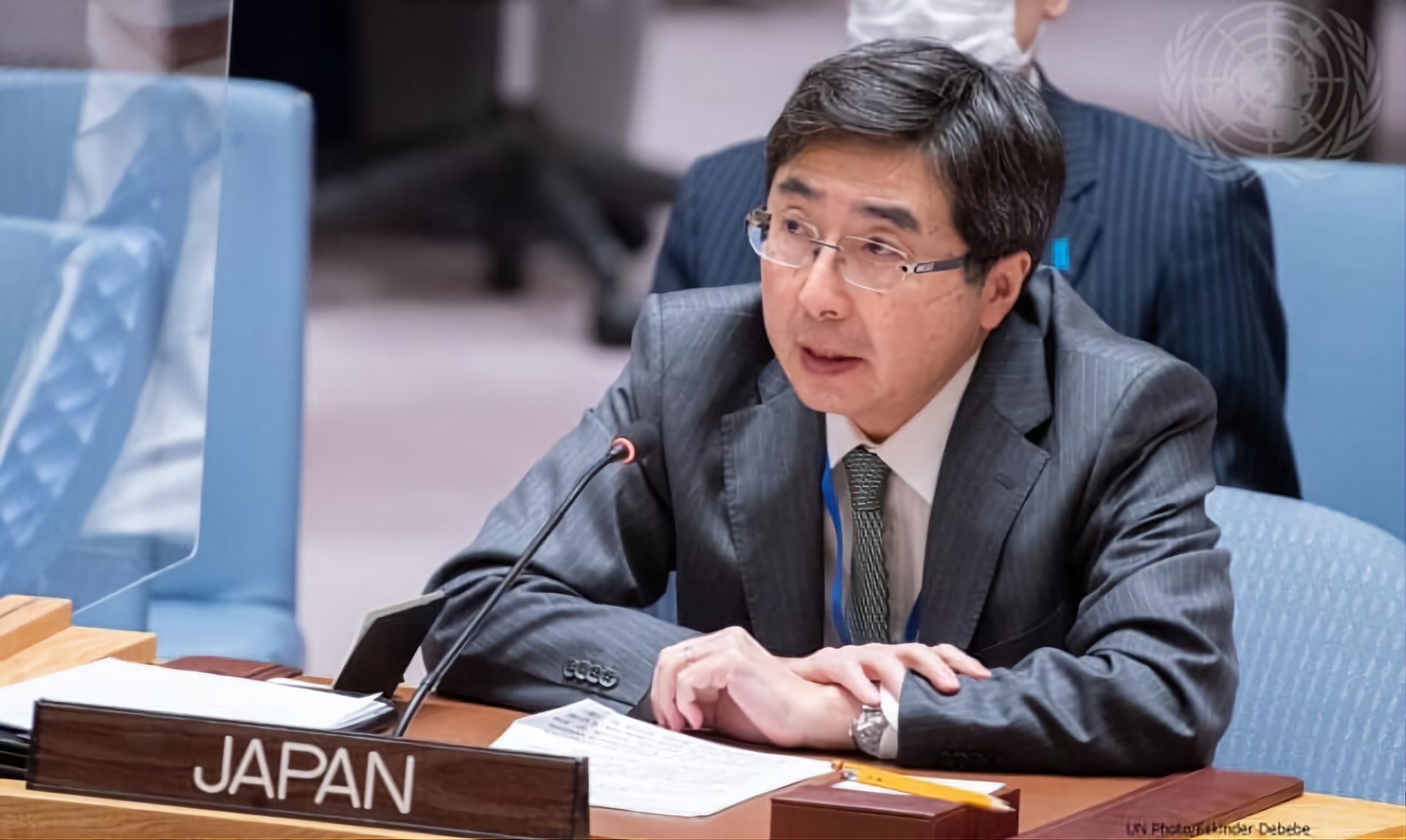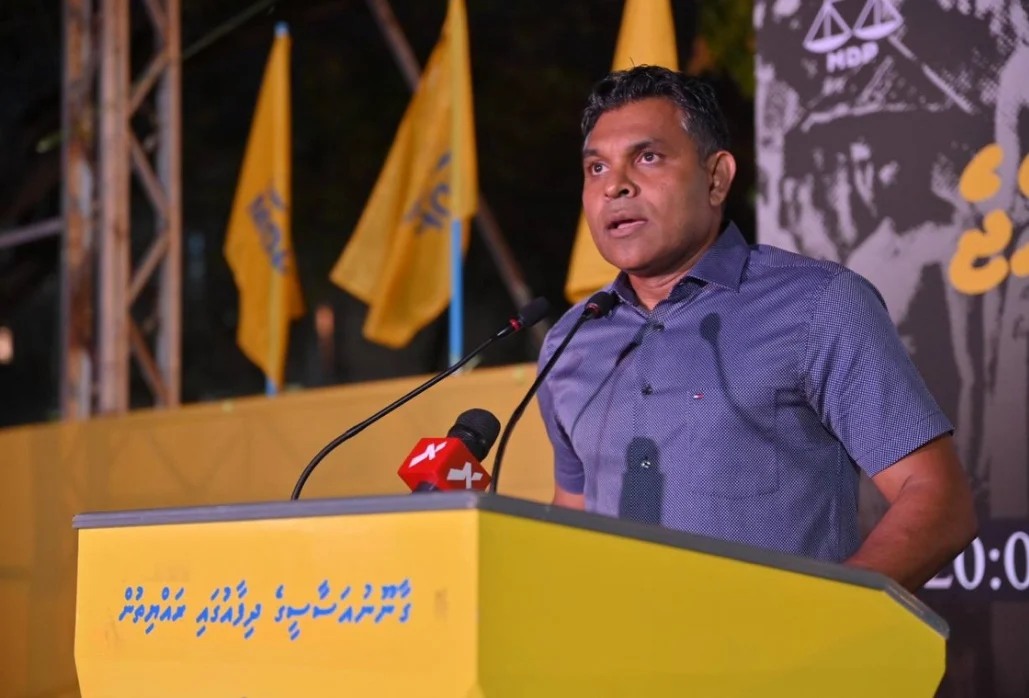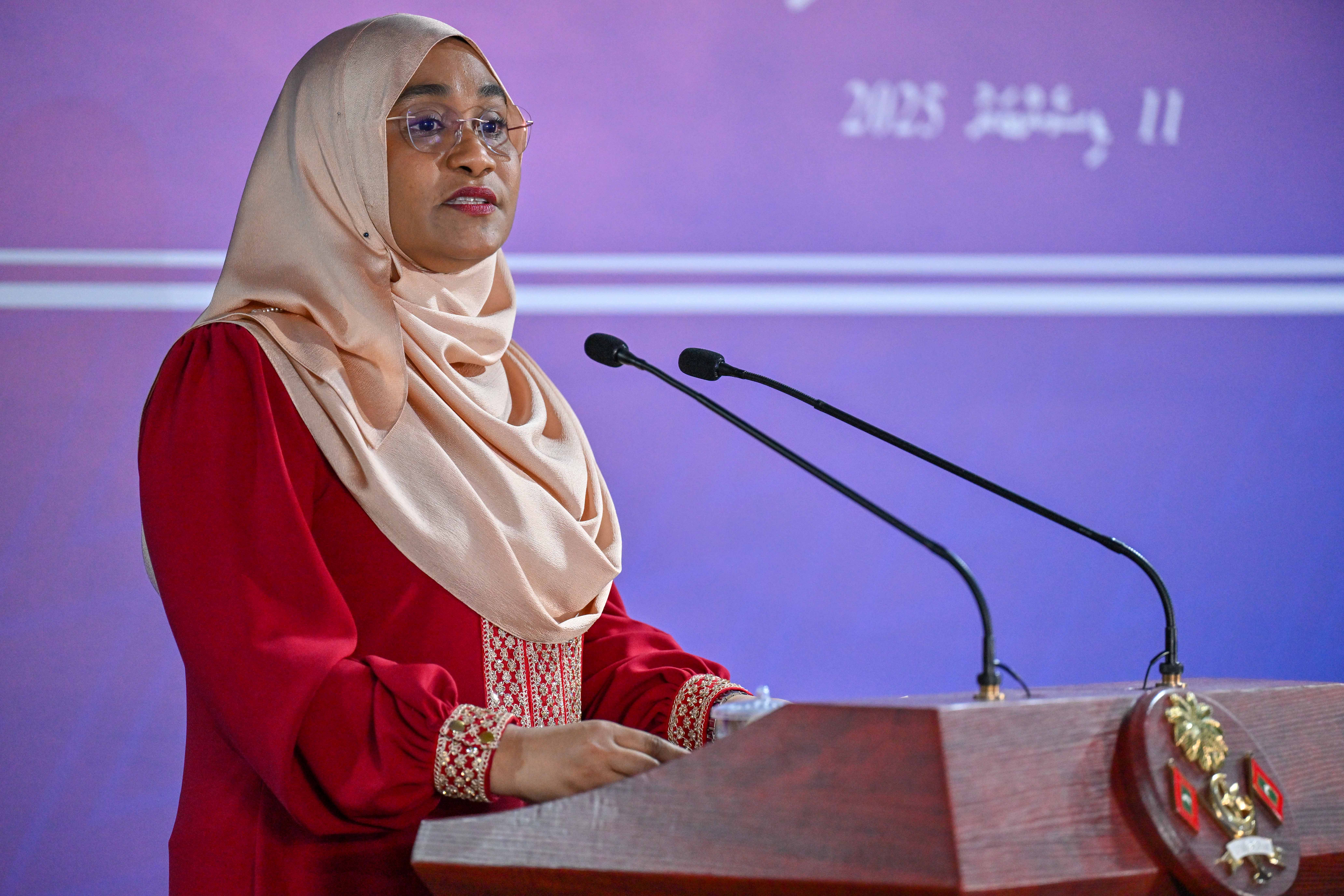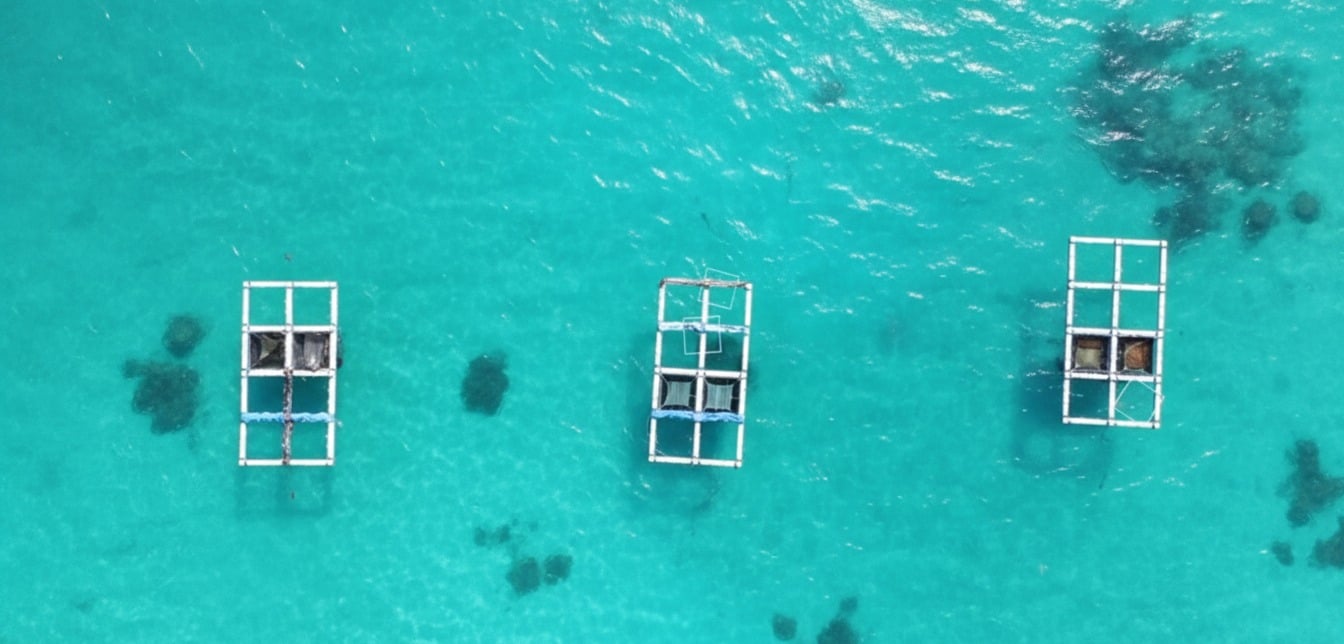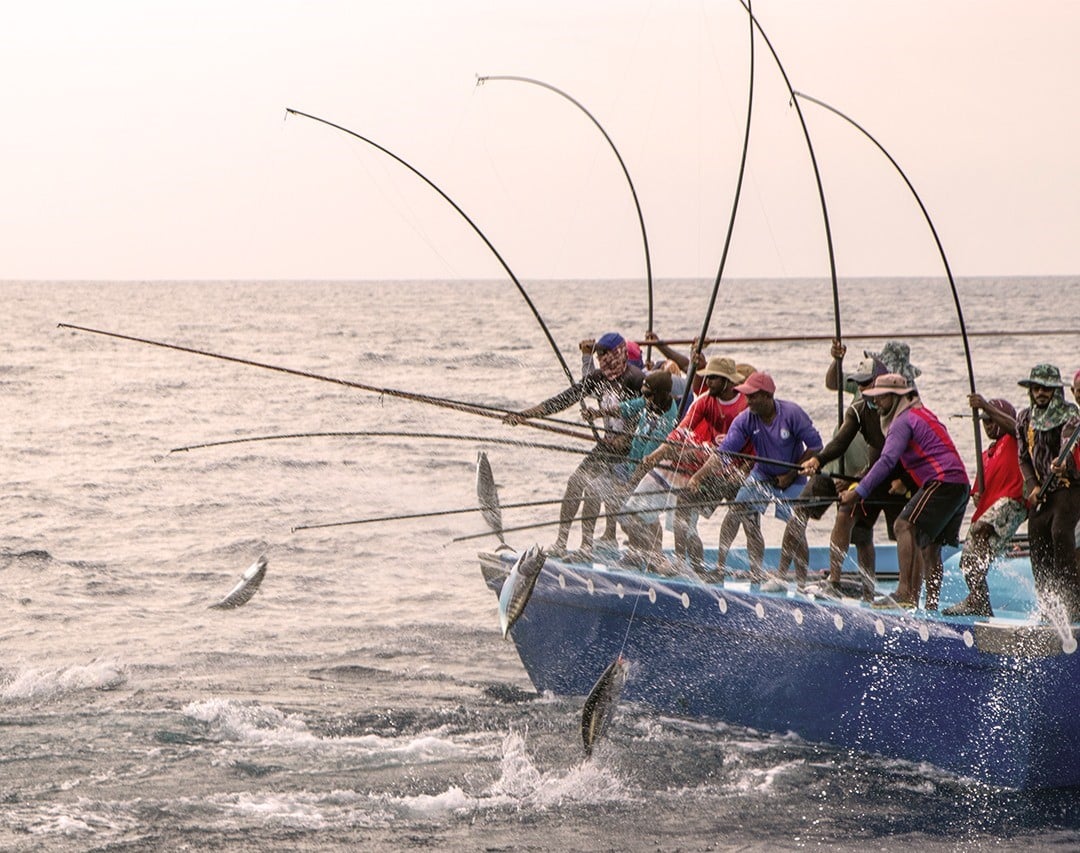On Monday, the UN Security Council is expected to vote on a resolution extending the authority of the organization's increasingly flimsy cross-border assistance delivery system to Syria.
This month, the Security Council's rotating presidency is held by Japan. The nation's permanent envoy to the UN, Ishikane Kimihiro, told journalists that he is adamant about seeing the renewal resolution passed.
He highlighted the “intensive discussions” that have taken place and said “a lot of work” has been done, especially on the part of council members Ireland and Norway, who are the “penholders” leading the negotiations and drafting of resolutions relating to humanitarian efforts in Syria.
“The humanitarian situation in Syria is deteriorating,” said Ishikane. The conditions under which the 4.4 million people living in the opposition-held northwest of the country, who rely on foreign aid for their survival, are particularly alarming, he added.
“We definitely need to adopt the resolution which will extend the current humanitarian cross-border operations, and people are working on that,” Ishikane said.
“I am really hoping — and not just hoping, I am determined — to make it happen. This is a matter of life and death for so many people. So apart from any political divergences, this is something we need to move ahead. (This) is my determination, which I can share with you today.”
Meanwhile, diplomats have expressed fears that Russia, an ally of the Syrian regime, will use its power of veto to force the closure of the Bab Al-Hawa crossing on the border with Turkey, the last remaining UN-facilitated aid gateway to Syria.
This month, the Security Council's rotating presidency is held by Japan. The nation's permanent envoy to the UN, Ishikane Kimihiro, told journalists that he is adamant about seeing the renewal resolution passed.
He highlighted the “intensive discussions” that have taken place and said “a lot of work” has been done, especially on the part of council members Ireland and Norway, who are the “penholders” leading the negotiations and drafting of resolutions relating to humanitarian efforts in Syria.
“The humanitarian situation in Syria is deteriorating,” said Ishikane. The conditions under which the 4.4 million people living in the opposition-held northwest of the country, who rely on foreign aid for their survival, are particularly alarming, he added.
“We definitely need to adopt the resolution which will extend the current humanitarian cross-border operations, and people are working on that,” Ishikane said.
“I am really hoping — and not just hoping, I am determined — to make it happen. This is a matter of life and death for so many people. So apart from any political divergences, this is something we need to move ahead. (This) is my determination, which I can share with you today.”
Meanwhile, diplomats have expressed fears that Russia, an ally of the Syrian regime, will use its power of veto to force the closure of the Bab Al-Hawa crossing on the border with Turkey, the last remaining UN-facilitated aid gateway to Syria.





